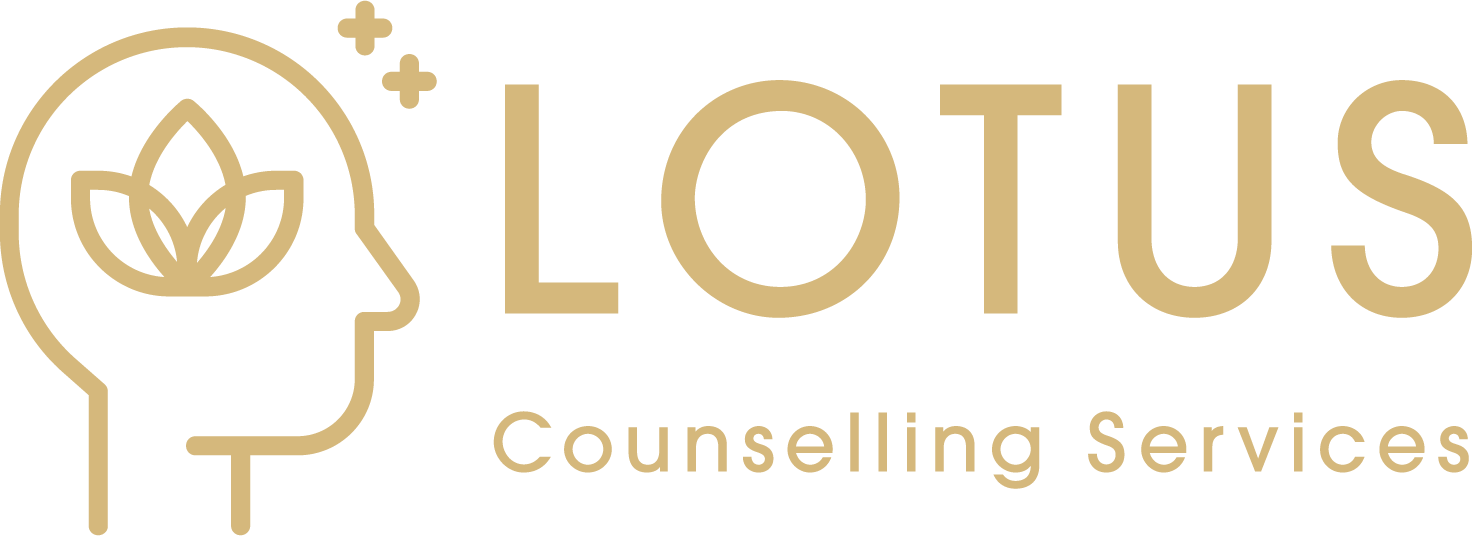
Return to Work Support
Return to Work Support leads to better outcomes for both individuals and organizations.
Returning to work after a mental health episode or period of extended absence due to mental health concerns can be a challenging transition. Both employees and employers have roles to play in ensuring this transition is smooth and supportive. Return to work support for mental health refers to the strategies, accommodations, and resources put in place to assist individuals in resuming their professional roles, including:
1. Individualized Return to Work Plan:
An effective RTW plan should be tailored to the individual's specific needs, abilities, and the nature of their job. This can include:
o Phased return: Starting with part-time hours or reduced responsibilities and gradually increasing them.
o Flexible scheduling: To accommodate therapy or counseling sessions.
o Adjustments to workload: Breaking down tasks or extended deadlines.
2. Workplace Accommodations:
These can be temporary or permanent modifications to the work environment or tasks to support the individual’s mental health needs. Examples include:
• Providing a quiet workspace or noise-cancelling headphones.
• Offering more frequent breaks.
• Providing clear written instructions or checklists.
3. Vocational Counseling:
This form of counseling focuses on helping individuals identify their professional strengths and challenges, develop workplace skills, and navigate the return-to-work process.
4. Mental Health Training for Teams:
Educating the wider team can foster understanding and reduce stigma. This might include:
• Training on mental health awareness.
• Communication skills for supporting colleagues with mental health challenges.
• Building a culture of empathy and support.
5. Open Communication Channels:
Maintaining an open dialogue between the returning employee, HR, managers, and, if appropriate, healthcare providers ensure everyone is on the same page regarding the employee's needs and progress. Our mental health services are evidenced based and we utilize psychometric measures to monitor clinical progress and to assist us in communicating and estimating the treatment plan.
6. Privacy and Confidentiality:
Ensuring the confidentiality of the employee's health information is crucial. Discussions about mental health should be treated with the utmost discretion.

-
For the employee:
Provides a structured and supportive way to re-engage with work, regain confidence, and reduce the risk of relapse.
For the employer:
Helps in retaining valuable employees, reduces turnover costs, and promotes a healthy, understanding, and productive workplace culture.
In sum, return to work support for mental health is a collaborative approach that requires understanding, flexibility, and communication from both employers and employees. Properly managed, it can lead to better outcomes for the individual and the organization.
-
Our team of dedicated psychotherapists and mental health professionals has developed a comprehensive, holistic approach to address the unique needs of individuals who have taken a step back from their careers.
Personalized Psychotherapy: We focus on personalized treatment plans that address the root causes of your distress, be it depression, anxiety, trauma, or any other mental health concern.
Clinical Measures: We utilize evidenced based clinical measurement tools to monitory clinical progress with the treatment plan.
Vocational Counseling: Beyond personal therapy, we provide vocational counseling to aid in the transition back to the workplace. This includes skills assessments, mock interviews, and even liaising with employers for a smoother transition.
Holistic Wellness: Mental well-being is intertwined with physical health. We incorporate psychiatric care, mindfulness, yoga, and dietary specialists to ensure a holistic healing process.
-
Reintegration into the workplace is a collective effort. With your consent, our team collaborates with employers and or insurance case managers to ensure you are set up for success.
Some of the ways we do this are…
• Educate them about mental health, diminishing stigmas, and fostering a supportive environment.
• Discuss potential adjustments or accommodations to ease your transition.
• Offer workshops and training sessions to promote mental health awareness in the workplace.
Confidentiality at Its Core
Your privacy is our utmost priority. All personal information, therapy sessions, and communications with employers are treated with the strictest confidentiality and information that is required to be shared will be passed along only with your consent.
Empower Your Return
Reclaiming your place in the professional world after a mental health hiatus can be a daunting endeavor, but you're not alone. With the Waterdown Psychotherapy Clinic by your side, you're backed by expertise, compassion, and a community that genuinely cares.
It is important to note that EMDR can be an intense form of therapy, and you may experience strong emotions or sensations during the process. Your therapist will work with you to ensure that you feel safe and supported throughout the treatment, and will provide tools and strategies to help you cope with any challenging experiences that may arise.
Overall, EMDR can be a highly effective treatment approach for individuals who have experienced trauma or other distressing events. It is designed to help you heal and move forward with greater resilience and well-being. If you are considering EMDR, it is important to find a qualified therapist who can help guide you through the process and support you on your healing journey.
